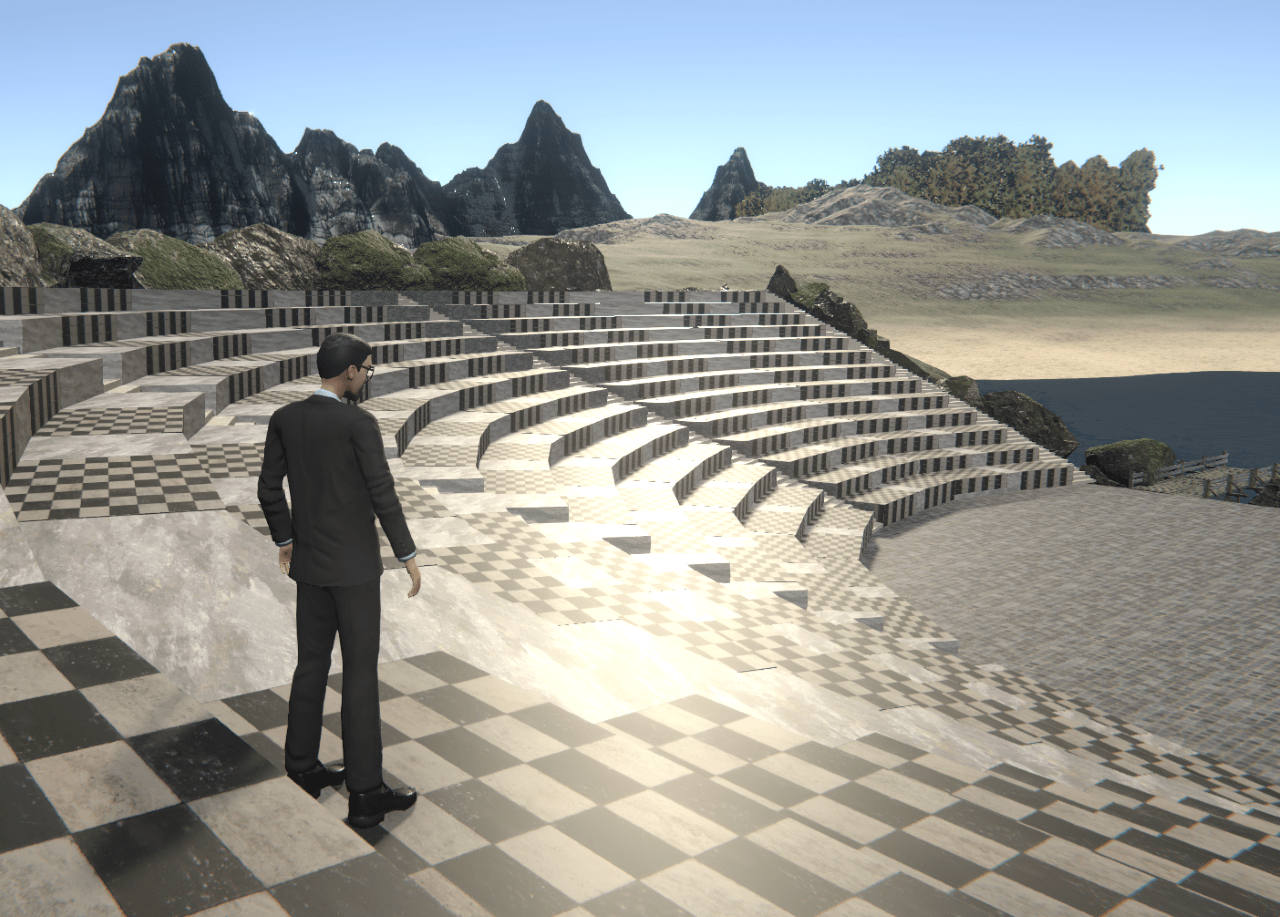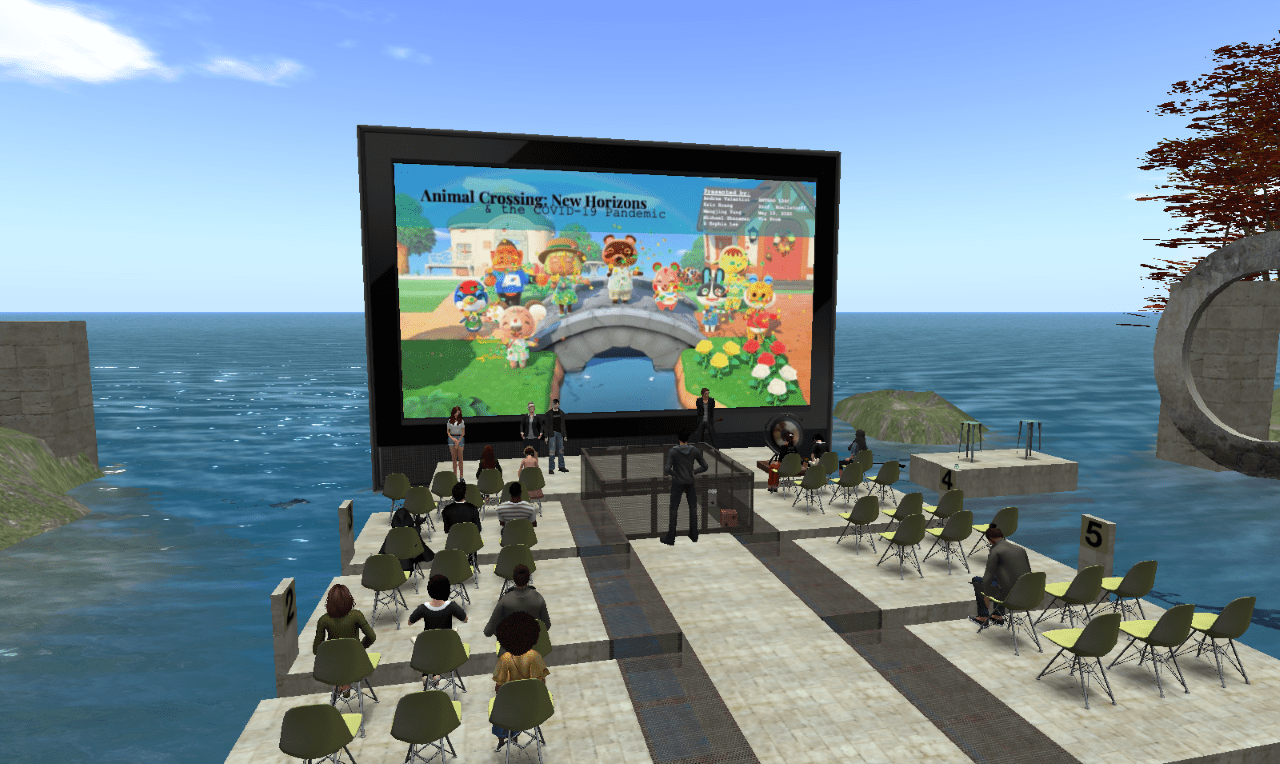Continuing Ed’s Evolution

You won’t find a crystal ball or tarot cards in Gary W. Matkin’s office, but if you want to know what’s coming down the pike in higher education, it’s a good place to start. Over several decades of running continuing education programs – first at UC Berkeley, then at UCI – Matkin helped pioneer innovations that later spread to main campuses, including online classes, open textbooks and free chemistry lectures on YouTube.
At UCI in 2001, the former Big Eight accountant helped establish the University of California system’s first online degree, a master’s in criminology, law & society. Modern university extension operations are a far cry from “the night school people” era of the 1970s, he says, gesturing toward a stuffed toy owl on his desk, the onetime universal symbol of the field. Today’s continuing ed mascot would be “a person sitting in front of a computer in their pajamas at 2 o’clock in the morning,” Matkin says. “The digitization of learning has revolutionized the way we think about education.”
Another continuing education shift has been away from humanities courses – such as Contacting Your Inner Self and arts seminars taught at UCI by the likes of comedian Carol Burnett and film director Sydney Pollack – to training that is “much more workforce-relevant,” he says. The tilt toward professional skills is also influencing main campus instruction.
Matkin, who serves as dean of UCI’s Division of Continuing Education and vice provost of its Division of Career Pathways, recently sat down with UCI Magazine writer Roy Rivenburg to discuss other changes on the horizon, including the possibility of a cyber UC campus and how universities might soon bear similarities to Scouting.
Q: What’s the next big trend in higher education?
Alternative digital credentials, also known as “badges.” The concept is similar to Boy Scout badges: If you can start a fire without matches, you get a badge. No fire, no badge. That’s exactly what we’re doing with learning now. Do you know how to program in Python? If yes, you get a badge. If not, you don’t. Digital credentials are based on competency rather than learning achievement. Traditional university courses reward you with a letter grade, which tells an employer almost nothing about what you can actually do. Digital credentials will make universities more accountable by measuring specific skills needed to enter the workforce. They will become an important part of mainstream higher education.
Q: I understand UCI is now exporting continuing education classes to other universities.
One of our newest things is that we’re cooperating with the University of North Carolina at Charlotte; the University of Nevada, Las Vegas; and other universities to share our courses. Their markets are not as big as ours, so they cannot possibly develop new classes and find instructors in every field that we can. Sharing our programs allows them to serve their populations and gives them a presence they wouldn’t otherwise have. We’re also licensing some courses, which means we get a fee and the school provides its own instructor.
Q: Do you foresee a cyber UC campus?
It’s inevitable that the University of California will offer an online undergraduate degree, particularly for those 3.5 million Californians who have attended some college but had to drop out because of life circumstances. That’s a forgotten population.
Q: Does that mean the traditional four-year college experience might someday become obsolete?
No. Certainly, online education doesn’t work for every subject – drama and dance being among the exceptions. Beyond that, it’s imprinted in our society that when people get out of high school, they need a period to get their feet on the ground and learn how to be an adult. So, from a sociological standpoint, the idea of a residential college experience is not going to go away anytime soon.
Q: How do modern students differ from past generations?
My son graduated several years ago from USC with a degree in history. He never went to the library. Today’s students go online and use search words to conduct research. Their minds are wired differently in terms of how they learn and seek information. And that places a great deal more pressure on teachers to be curators of texts and knowledge. Modern students don’t necessarily have the ability to sort through and find the most authoritative information on any particular subject.
Q: What about continuing education students?
Millennials and their successors are much less patient with learning, much less willing to commit to a 10-week program than a five-week program. They’re looking for quicker gratification and more relevant learning concepts that they can apply right away. So we’ve had to go with the market and shorten our courses.
Q: Who’s the primary audience for continuing ed programs?
Generally, our students are professionals who are either upgrading or changing their careers. About 86 percent already have a bachelor’s degree, and 40 percent have an advanced degree. Whereas UCI’s main campus concentrates on getting people on the career train, our mission is to move people up from second class to first class.
Q: What are your most popular courses?
Project management, paralegal training and a lot of our information technology courses. On Coursera’s online learning platform, our career success program and micro- and macroeconomics do well. Our biggest seller is Grammar and Punctuation. Over 330,000 people have looked at it.
Q: You are constantly announcing new programs and courses – from “hybrid culinary arts” to “spa and wellness management.” How do you predict what will be popular?
We generally hire people who are subject-matter experts in their field, and we rely on them to keep up with market trends. Every year, at least 20 percent of our offerings have to be replaced. We are always looking ahead five to 10 years to position ourselves for new markets.
Originally published in the Winter 2019 issue of UCI Magazine.


